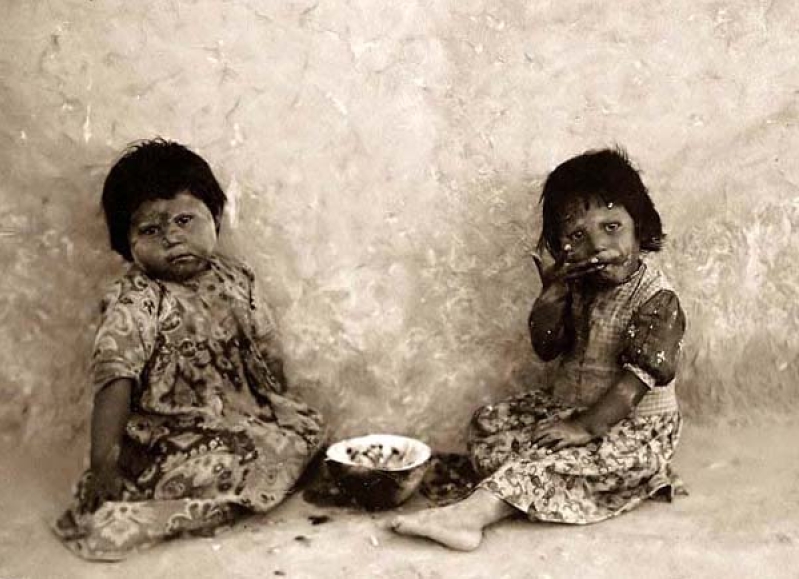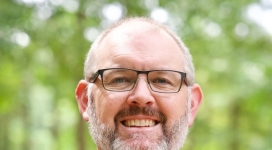
What's the psychology of scarcity and poverty?
Scarcity: Why Having Too Little Means So Much, by Sendhil Mullainathan and Eldar Shafir, was recently released. Its authors study people for a living -- often people who lack money.
They may be vegetable sellers in Chennai, India, who borrow money at dawn and repay with exorbitant interest at dusk. Or they may be ill-paid office managers, like Shawn from Cleveland, Ohio, who lives from pay check to pay check, always finding that there is "more month than money," according to The Economist.
"We're really trying to do two things. ... I've been interested in poverty for a long time," Mullainathan told The Washington Post. "This book is an outgrowth of me simply trying to understand U.S. poverty, poverty in the developing world, and another form of poverty, which we don't really call 'poverty' but you might want to call just 'financial distress,' which many Americans are actually feeling because of this recession."
But there's been a left turn in his thinking. That left turn was the realization one day that, maybe, when he's been looking at poverty, he's been looking at it too narrowly. Maybe poverty is a special case of something else. That something else is scarcity, and anyone who has the experience of "having very little" experiences the same psychology, Mullainathan told The Washington Post.
"The second thing I'm trying to do here is a little more subversive. It's hard to get people to empathize with the poor. You can get some people to sympathize with the poor, but to empathize is actually very hard, because most people are not poor," Mullainathan added. "I realized that scarcity gives you a thread. You can understand some behaviors of your own that you experience under scarcity."
This mindset brings two benefits. It concentrates the mind on pressing needs. It also gives people a keener sense of the value of a dollar, minute, calorie or smile. The lonely, it turns out, are better at deciphering expressions of emotion. Likewise, the poor have a better grasp of costs, according to The Economist.
This scarcity mindset can also be debilitating. It shortens a person's horizons and narrows his or her perspective, creating a dangerous tunnel vision. Anxiety also saps brainpower and willpower, reducing mental "bandwidth", as the authors call it. Indian sugarcane farmers score worse on intelligence tests before the harvest (when they are short of cash) than after.
Feeling poor lowers a person's IQ by as much as a night without sleep. Anxieties about friendlessness have a similar effect. In one experiment, a random group of people was told their results on a personality test suggested a life of loneliness. This random subset subsequently performed worse on intelligence tests and found it harder to resist the chocolate-chip cookies provided for them, according to The Economist.
Sendhil Mullainathan and Eldar Shafir are two leading figures in the field of behavioral economics. Mullainathan teaches economics at Harvard. Shafir teaches psychology and public policy at Princeton.







